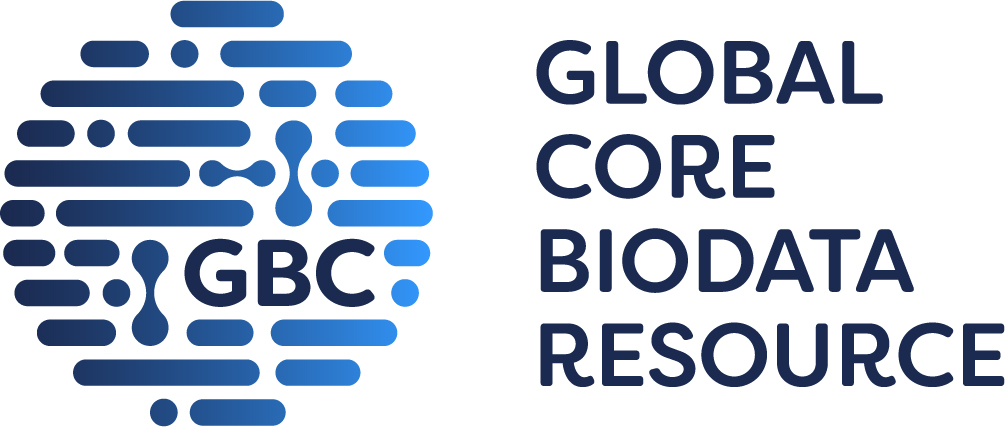
GtoPdb is requesting financial support from commercial users. Please see our sustainability page for more information.
Type IV RTKs: VEGF (vascular endothelial growth factor) receptor family C
Formerly known as: VEGF (vascular endothelial growth factor) receptor family
Unless otherwise stated all data on this page refer to the human proteins. Gene information is provided for human (Hs), mouse (Mm) and rat (Rn).
Overview
VEGF receptors are homo- and heterodimeric proteins, which are characterized by seven Ig-like loops in their extracellular domains and a split kinase domain in the cytoplasmic region. They are key regulators of angiogenesis and lymphangiogenesis; as such, they have been the focus of drug discovery for conditions such as metastatic cancer. Splice variants of VEGFR1 and VEGFR2 generate truncated proteins limited to the extracellular domains, capable of homodimerisation and binding VEGF ligands as a soluble, non-signalling entity. Ligands at VEGF receptors are typically homodimeric. VEGFA (VEGFA, P15692) is able to activate VEGFR1 and VEGFR2 homodimers, VEGFR1/2 heterodimers and VEGFR2/3 heterodimers. VEGFB (VEGFB, P49765) and placental growth factor (PGF, P49763) activate VEGFR1 homodimers, while VEGFC (VEGFC, P49767) and VEGFD (VEGFD, O43915) activate VEGFR2/3 heterodimers and VEGFR3 homodimers, and, following proteolysis, VEGFR2 homodimers.
Receptors
|
VEGFR-1 (fms related receptor tyrosine kinase 1)
C
Show summary »
More detailed page |
|
VEGFR-2 (kinase insert domain receptor)
C
Show summary »
More detailed page |
|
VEGFR-3 (fms related receptor tyrosine kinase 4)
C
Show summary »
More detailed page |
Comments
How to cite this family page
Database page citation (select format):
Concise Guide to PHARMACOLOGY citation:
Alexander SPH, Fabbro D, Kelly E, Mathie AA, Peters JA, Veale EL, Armstrong JF, Faccenda E, Harding SD, Davies JA et al. (2023) The Concise Guide to PHARMACOLOGY 2023/24: Catalytic receptors. Br J Pharmacol. 180 Suppl 2:S241-288.









The VEGFR, as well as VEGF ligands, have been targeted by antibodies and tyrosine kinase inhibitors. DMH4 [4], Ki8751 [10] and ZM323881, a novel inhibitor of vascular endothelial growth factor-receptor-2 tyrosine kinase activity [15] are described as VEGFR2-selective tyrosine kinase inhibitors. Bevacizumab is a monoclonal antibody directed against VEGF-A, used clinically for the treatment of certain metastatic cancers; an antibody fragment has been used for wet age-related macular degeneration.